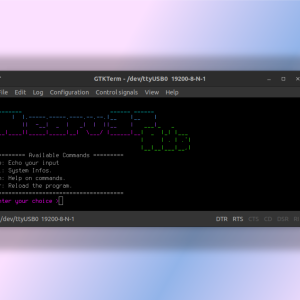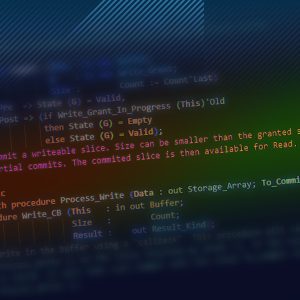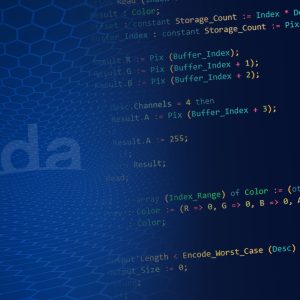![Should I choose Ada, SPARK, or Rust over C/C++?]()
Should I choose Ada, SPARK, or Rust over C/C++?
At AdaCore, we’re in the business of supporting people who develop high-integrity software, in particular for embedded systems. In terms of programming languages, this means supporting the most commonly found candidates, which in 2024 include C/C++, Ada/SPARK, and Rust. If you’ve already made your decision, we will support you. However, in a number of situations, people ask us: “What should we do? What’s the best out there?”. While it’s difficult to give a one-size-fits-all answer, there are some strategic elements to consider.


















